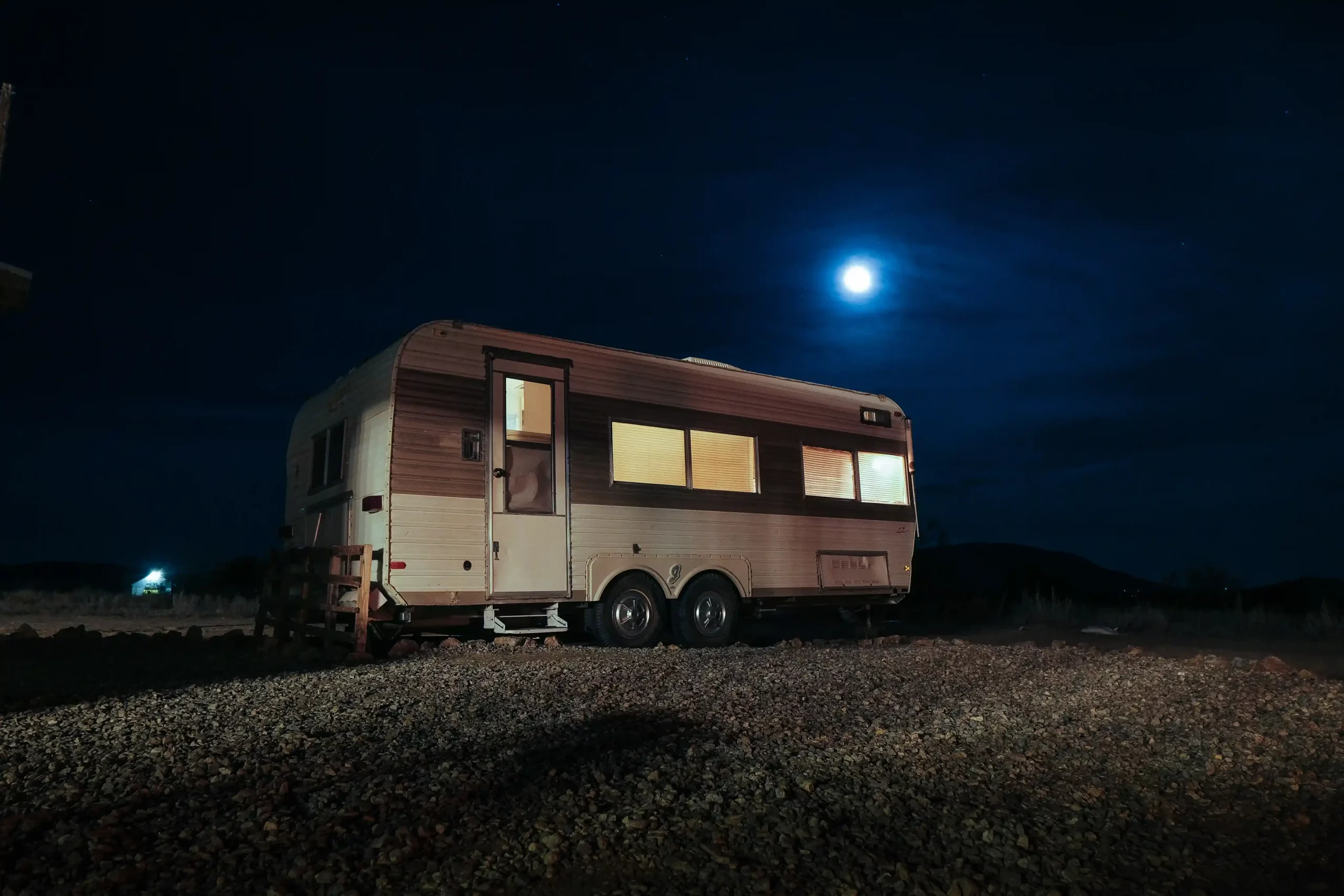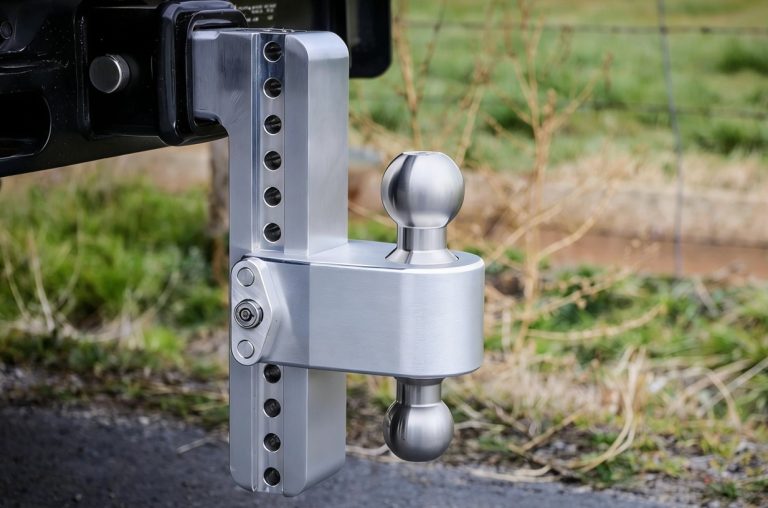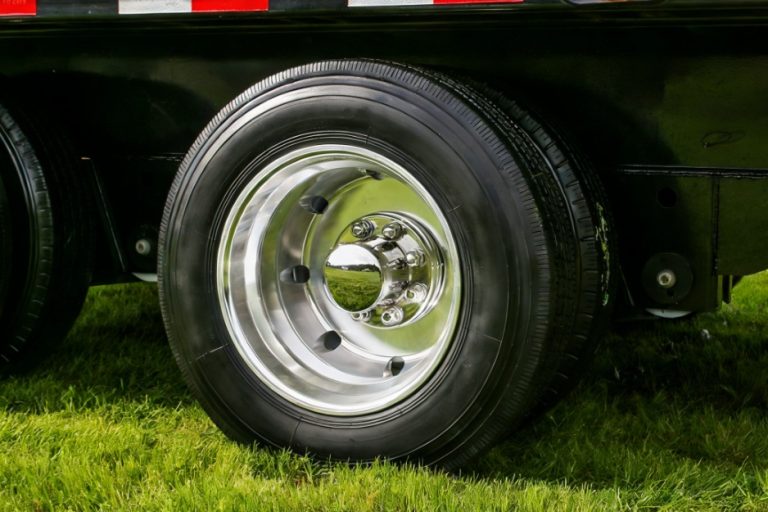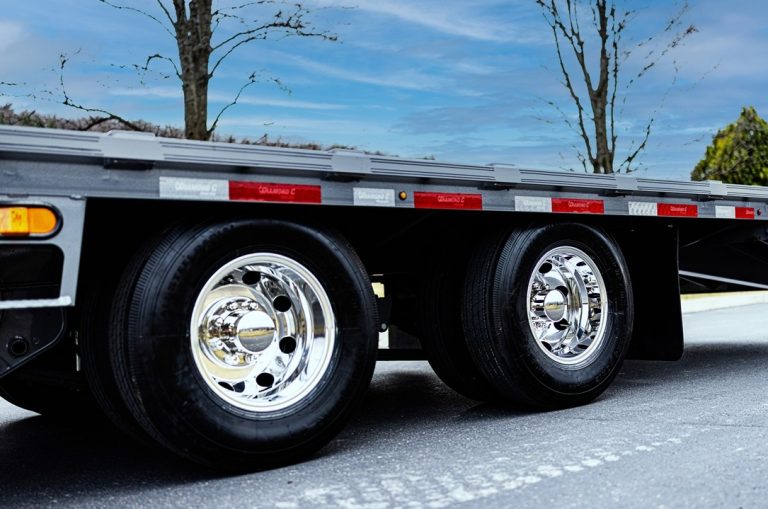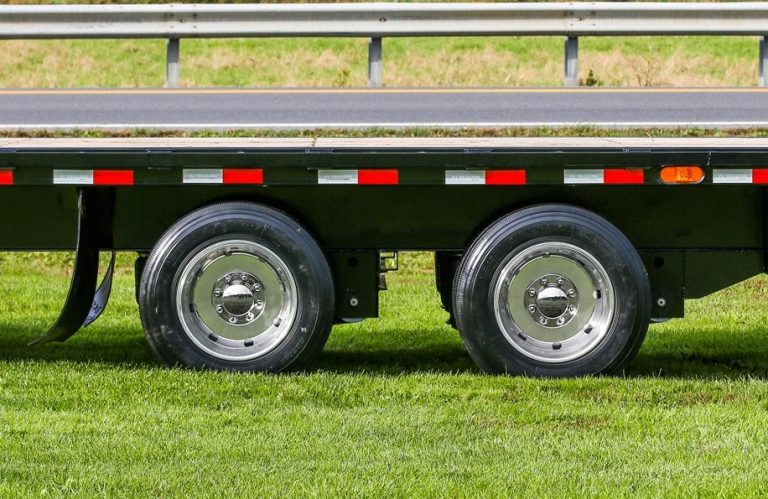Picking the perfect trailer coupler for your RV is important. It keeps towing safe, smooth, and easy. Many trailer coupler options exist, so choosing wisely can feel hard. This guide explains everything clearly. It covers types, key factors, safety features, mistakes to avoid, and why GO Trailer is a dependable choice.
What Kind of Trailer Do You Have?
A-Frame Couplers: Features and Benefits
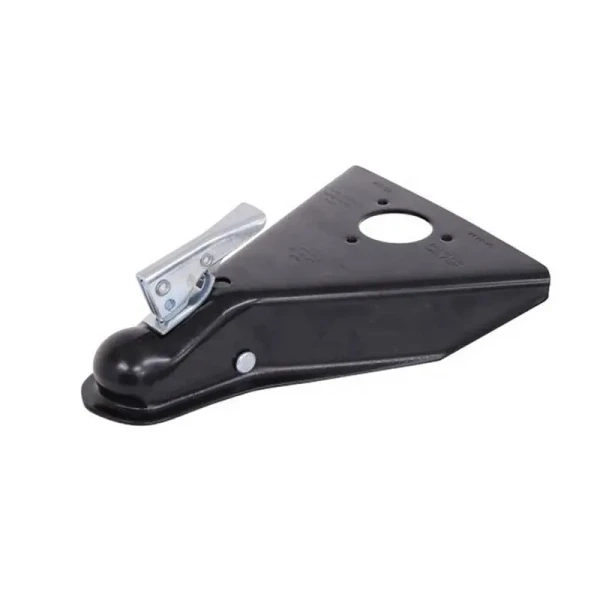
A-frame couplers work with trailers that have an A-shaped front. You often see these on travel trailers and smaller RVs. They are popular because they are steady and simple to use.
- Features: Bolts securely to the A-frame. Works with standard hitch balls, like 2” or 2-5/16″.
- Benefits: Offers a firm connection. Reduces wobble. Easy to lock in place.
- Best for: Light to medium RVs, such as pop-up campers or small travel trailers.
Check out GO Trailer’s 1-7/8” Ball 2000lbs Straight Tongue Trailer Coupler for a solid A-frame choice.
Straight-Tongue Couplers: When to Use Them
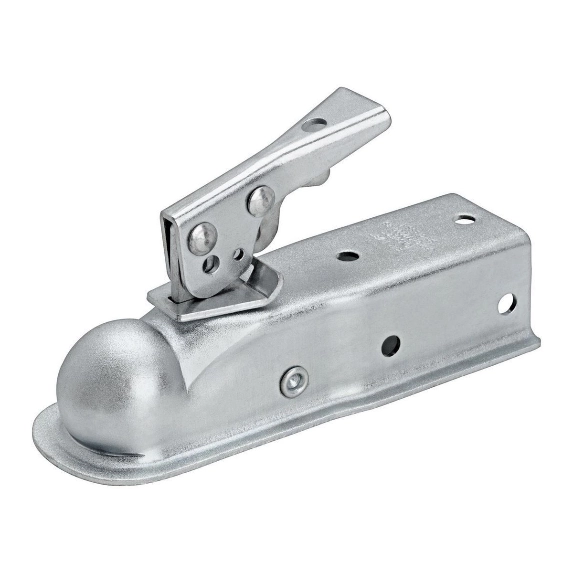
Straight-tongue couplers suit trailers with a single, straight front. These appear on utility trailers or smaller RVs.
- Features: Basic design. Attaches directly to a straight front. Comes in different ball sizes.
- Benefits: Affordable. Simple to set up. Good for lighter loads.
- Best for: Small RVs or utility trailers with loads under 3,500 lbs.
See the 1-7/8” Ball Trailer Coupling for a flexible straight-tongue option.
Gooseneck Couplers: Advantages for Heavy-Duty Applications
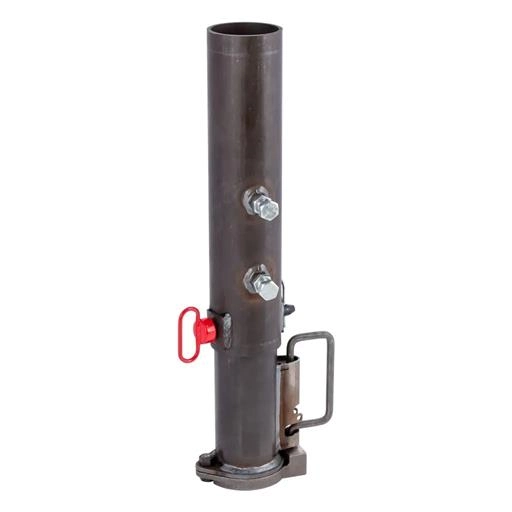
Gooseneck couplers are for heavy trailers, like fifth-wheel RVs or large cargo trailers. They connect to a hitch ball in the truck bed.
- Features: Handles high weight, up to 30,000 lbs. Fits a 2-5/16” ball in the truck bed.
- Benefits: Very stable. Distributes weight well. Great for long trips.
- Best for: Big RVs or heavy equipment trailers.
Explore GO Trailer’s 2-5/16” Ball 10,000lbs Coupler for strong gooseneck towing.
Key Factors to Consider When Selecting a Trailer Coupler
Choosing a coupler involves more than matching your trailer type. Here are the main things to think about:
Assessing Weight Capacity and Towing Requirements
The coupler’s weight limit must match or exceed your trailer’s total weight.
| Coupler Type | Weight Capacity | Typical Use |
| A-Frame Coupler | 2,000–14,000 lbs | Small to medium RVs |
| Straight-Tongue Coupler | 1,500–3,500 lbs | Utility trailers, small RVs |
| Gooseneck Coupler | 10,000–30,000 lbs | Fifth-wheel RVs, heavy trailers |
Tip: Pick a coupler with a higher weight limit than your trailer’s total weight. This keeps towing safe.
Compatibility with Your RV Hitch Type
Make sure the coupler fits your vehicle’s hitch ball size, like 1-7/8”, 2”, or 2-5/16”. Wrong sizes can make towing unsafe. Also, check that the coupler’s mounting fits your trailer’s front.
Material and Durability of the Trailer Coupler
Couplers are usually made of steel or cast iron. They have different coatings:
- Steel: Strong, long-lasting, and budget-friendly.
- Cast Iron: Tough, perfect for heavy couplers.
- Coatings: Choose galvanized or powder-coated ones. These resist rust and wear.
GO Trailer’s couplers are galvanized. This makes them sturdy and reliable in bad weather.
What Are the RV Hitch Options?
The hitch on your tow vehicle matters as much as the coupler. Here are common RV hitch types:
Hitches for BIG RIGS
For large RVs, you need a strong hitch:
- Fifth-Wheel Hitch: Sits in the truck bed. Best for RVs over 10,000 lbs.
- Gooseneck Hitch: Similar to fifth-wheel. Uses a ball in the truck bed.
Weight Distribution Hitch vs. Sway Bars
For A-frame or straight-tongue trailers:
- Weight Distribution Hitch: Spreads trailer weight evenly. Improves balance and reduces vehicle strain.
- Sway Bars: Prevent trailer wobble. Helpful in windy conditions or sharp turns.
Standard Hitch & Receiver
For smaller RVs, a basic ball hitch and receiver (Class I–III) works fine. Match the hitch class to your trailer’s weight:
- Class I: Up to 2,000 lbs.
- Class II: Up to 3,500 lbs.
- Class III: Up to 8,000 lbs.
Safety and Performance Features to Look For
A good trailer coupler should have features that boost safety and performance:
Locking Mechanisms for Enhanced Security
A strong lock keeps the coupler from coming loose while towing. Look for:
- Latch Locks: Simple to use. Reliable for A-frame and straight-tongue couplers.
- Pin Locks: Common in gooseneck couplers. Add extra safety.
Anti-Rust Coatings and Weather Resistance
Couplers face rain, snow, and sun. Choose one with:
- Galvanized Finish: Stops rust and corrosion.
- Powder Coating: Protects against UV rays and water.
Ease of Installation and Maintenance
Pick couplers that are easy to install and maintain. GO Trailer’s couplers come with clear instructions. They need only occasional lubrication and checks.
Common Mistakes to Avoid When Choosing a Trailer Coupler for RV
Steer clear of these errors to ensure safe towing:
Overlooking Weight Ratings
Picking a coupler with too low a weight limit can cause serious problems. Always check your trailer’s total weight. Choose a coupler that handles more than that.
Ignoring Proper Fitment for Your RV Setup
Wrong ball sizes or mismatched front designs can make towing shaky. Always confirm compatibility before buying.
GO Trailer: A Reliable Supplier for High-Quality Trailer Couplers
For top-notch trailer couplers, GO Trailer is a trusted name. Based in Qingdao, China, GO Trailer has over 15 years of experience making trailer parts. They serve RV fans across the US with quality products.
Overview of GO Trailer’s Product Range
GO Trailer provides a wide range of trailer couplers for different RV types:
- A-Frame Couplers: Great for light to medium RVs. Handle up to 14,000 lbs.
- Straight-Tongue Couplers: Perfect for small trailers. Gooseneck Couplers: Heavy-duty options,
All couplers are CE-certified and galvanized to resist rust. They use advanced tools, like CNC machines and laser cutters, for precision.
Frequently Asked Questions (FAQs)
What is the difference between A-frame and straight-tongue couplers?
A-frame couplers fit trailers with an A-shaped front. They provide extra stability for RVs. Straight-tongue couplers work with trailers that have a single, straight front. They suit lighter loads, like utility trailers.
How do I determine the correct weight capacity for my trailer coupler?
Find your trailer’s total weight on its specification plate. Choose a coupler with a weight limit higher than that. This ensures safe towing.
Can I install a trailer coupler myself, or should I seek professional help?
Many couplers, like GO Trailer’s, are easy to install with basic tools. If you’re unsure about fit or setup, ask a professional. This keeps things safe.
What maintenance is required to keep a trailer coupler in good condition?
Check the coupler regularly for wear. Lubricate moving parts. Clean off dirt or rust. For galvanized couplers, make sure the coating stays intact to avoid corrosion.


